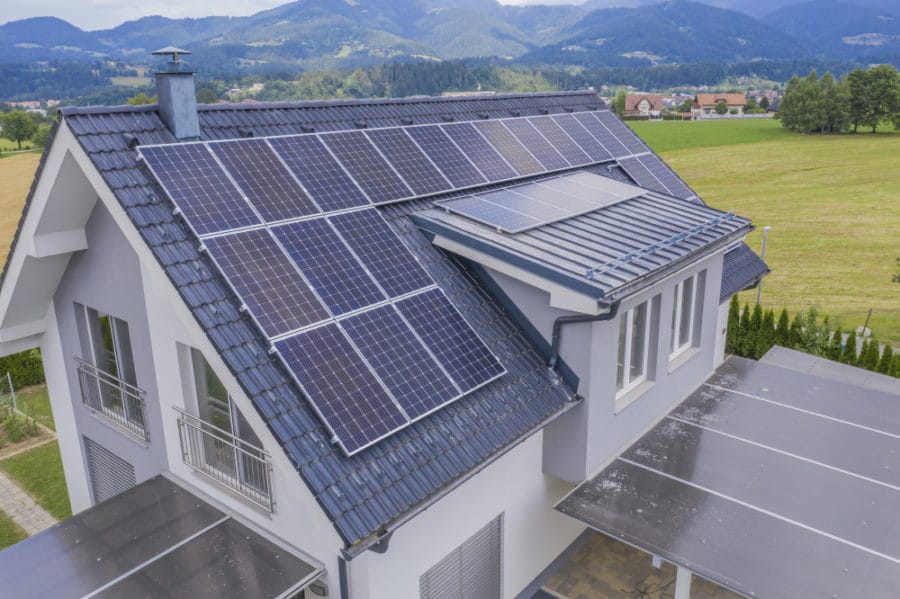It’s no secret that solar panels are becoming more and more popular as a way to save money on energy bills and help the environment. But before you can reap the benefits of solar power, you need to properly budget for a solar panel installation.

In this blog post, we will explore how to properly budget for a solar panel installation. We will cover the initial cost of installation, maintenance costs, equipment costs, and more.
By the end of this post, you will have a better understanding of what goes into installing solar panels and how to make sure it is done within your budget.
Why solar panels are a good investment
Solar panels are a great investment for a number of reasons.
First, they can save you money on your energy bills. Solar panel systems can significantly reduce the amount of money you spend on electricity each month, and over time, these savings can add up to thousands of dollars. Second, solar panels can increase the value of your home.
A solar panel system can make your home more attractive to potential buyers, and it can also lead to lower insurance rates.
Third, solar panels are good for the environment. By generating clean, renewable energy, solar panels help to reduce our reliance on fossil fuels and protect the planet for future generations.
Finally, solar panels are a smart financial investment. With government incentives and rebates available in many states, you can recoup your initial investment quickly and start saving money from day one. Solar panels are an excellent way to save money and make a positive impact on the environment.
How to determine how many solar panels you need
When it comes to solar panel installations, the old adage “you get what you pay for” definitely rings true. A quality solar panel installation is not a cheap investment, so it’s important that you do your research and budget accordingly.
In order to organize a quote to install solar panels, you need to know how many panels you need to power your home. The first step is to calculate your home’s daily energy usage.
This number will be different for everyone, as it depends on a variety of factors such as the size of your home, the number of occupants, and your energy-saving habits. Once you have an estimate of your daily energy usage, you can then begin to research the average daily sun hours in your area.
With this information, you can determine how many solar panels you would need to generate enough power to cover your home’s energy needs.
What kind of solar panel system is best for your home
The first step in budgeting for a solar panel installation is to determine which type of system is best for your home. The three most common types of solar panel systems are grid-tied, off-grid, and hybrid.
Grid-tied systems are connected to the utility grid and allow you to sell excess electricity back to the utility company. They are the most common type of system installed in homes.
Off-grid systems are not connected to the utility grid and require batteries to store excess electricity. They are typically used in remote locations where it is not practical to connect to the grid.
Hybrid systems are a combination of grid-tied and off-grid systems. They typically have batteries as well as a connection to the utility grid. This allows you to use solar power even when the grid is down.
How to get the most out of your solar panels
1. Do your research. There are a lot of different factors to consider when going solar, from the initial cost of installation to ongoing maintenance and repairs. Be sure to educate yourself on all aspects of going solar so that you can make the best decision for your needs and budget.
2. Shop around. Just like with any big purchase, it’s important to compare prices and options before settling on a specific product or service. With solar panels, there are a variety of manufacturers and retailers to choose from, so take your time and find the best deal.
3. Consider financing options. If you’re worried about the upfront cost of installation, there are several financing options available that can make going solar more affordable. Be sure to explore all of your options and find the one that makes the most sense for you financially.
Installing solar panels is a great way to save money on your energy bill and do your part to help the environment. However, before you install solar panels, it’s important to make sure that you are prepared to budget for the initial cost of installation.
With a little planning and research, you can find the perfect solar panel solution for your home and ensure that you are getting the most bang for your buck.

